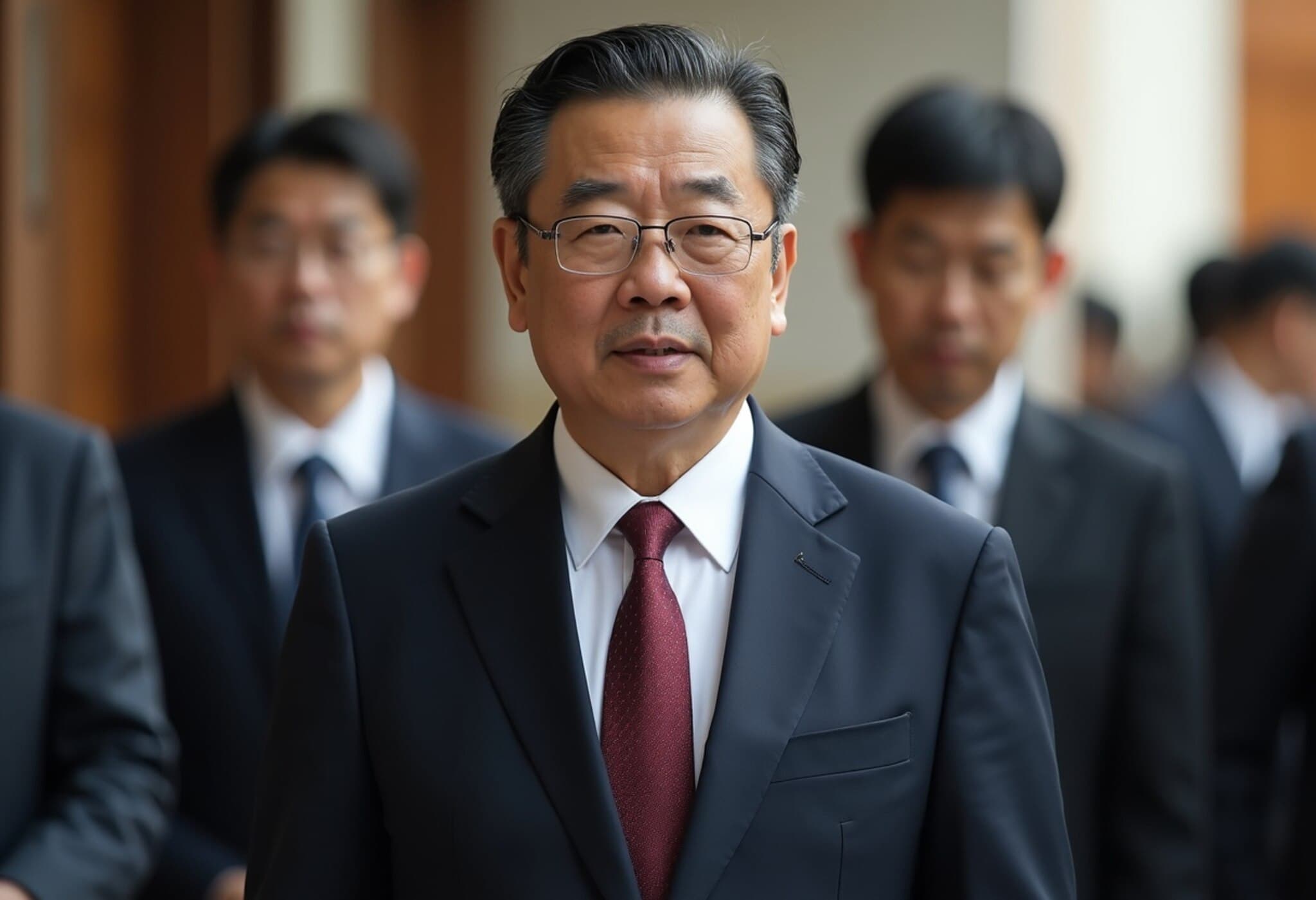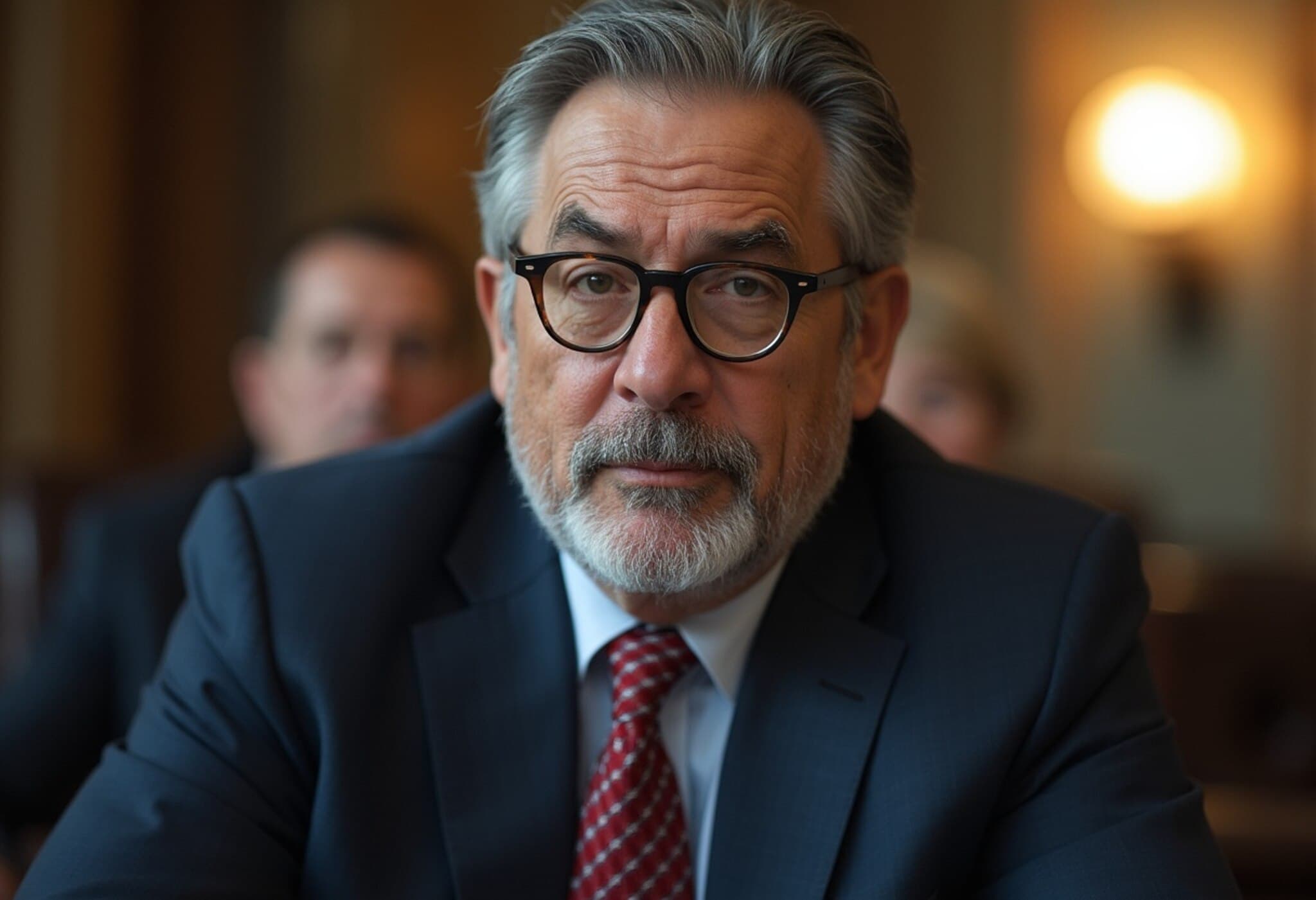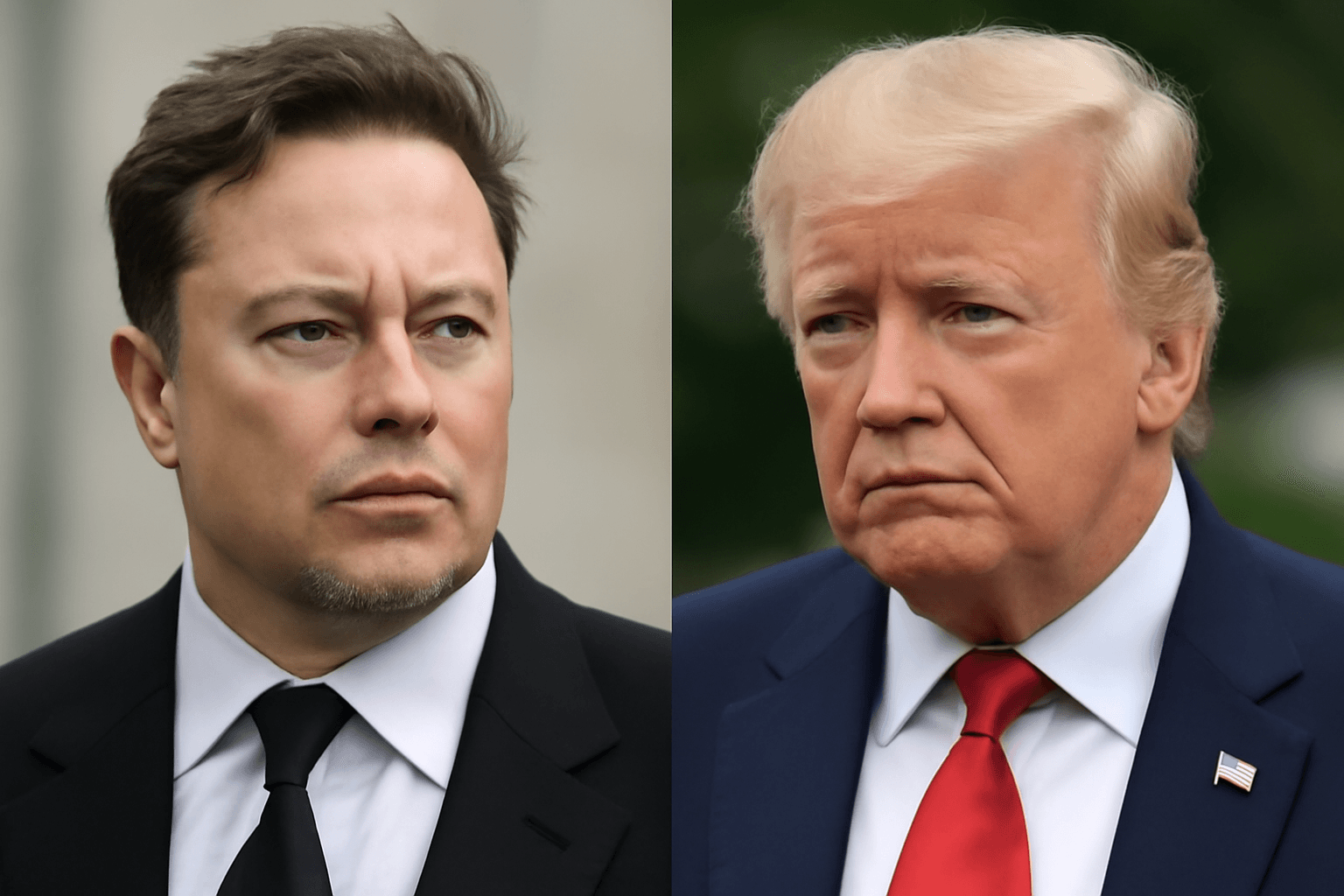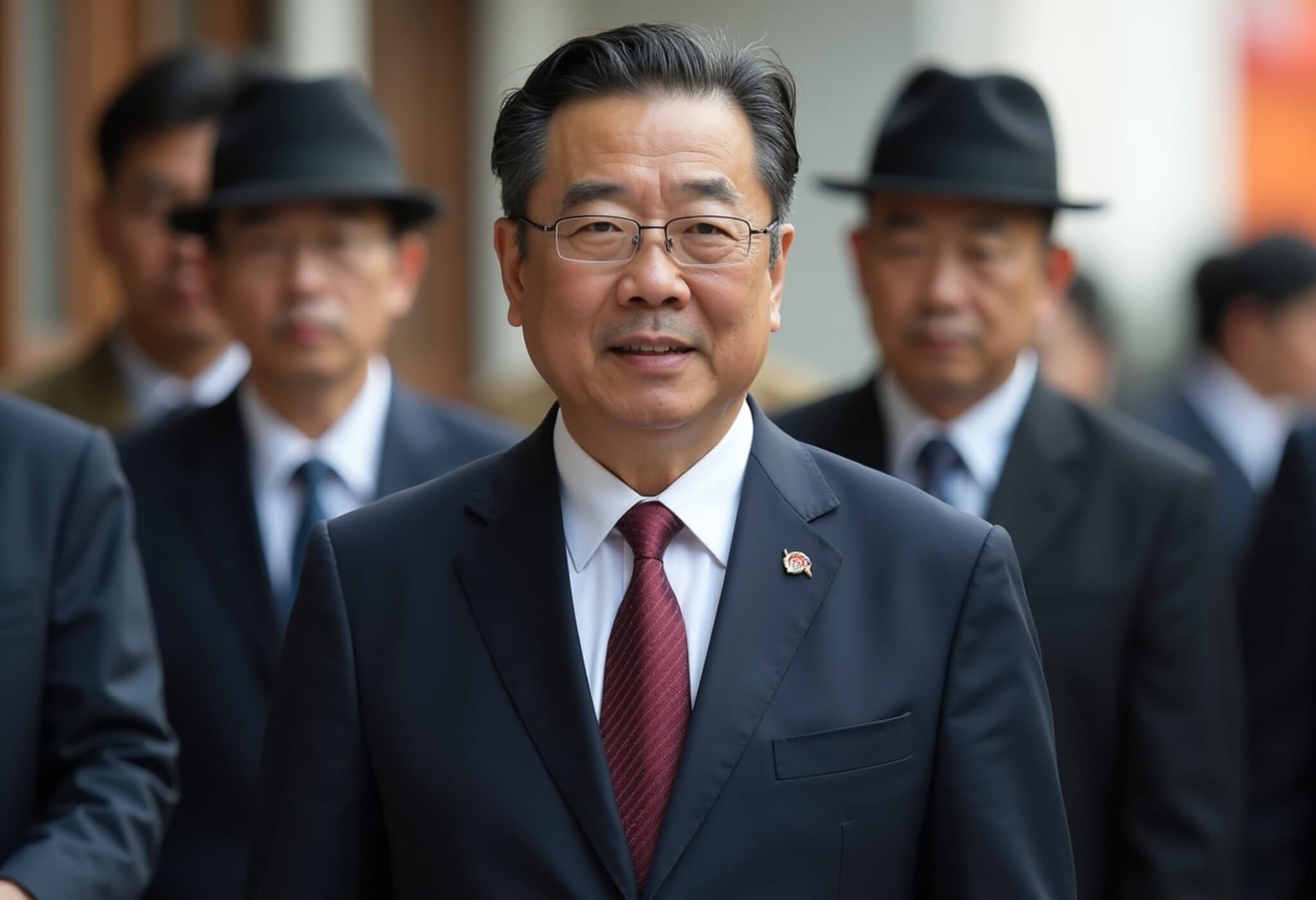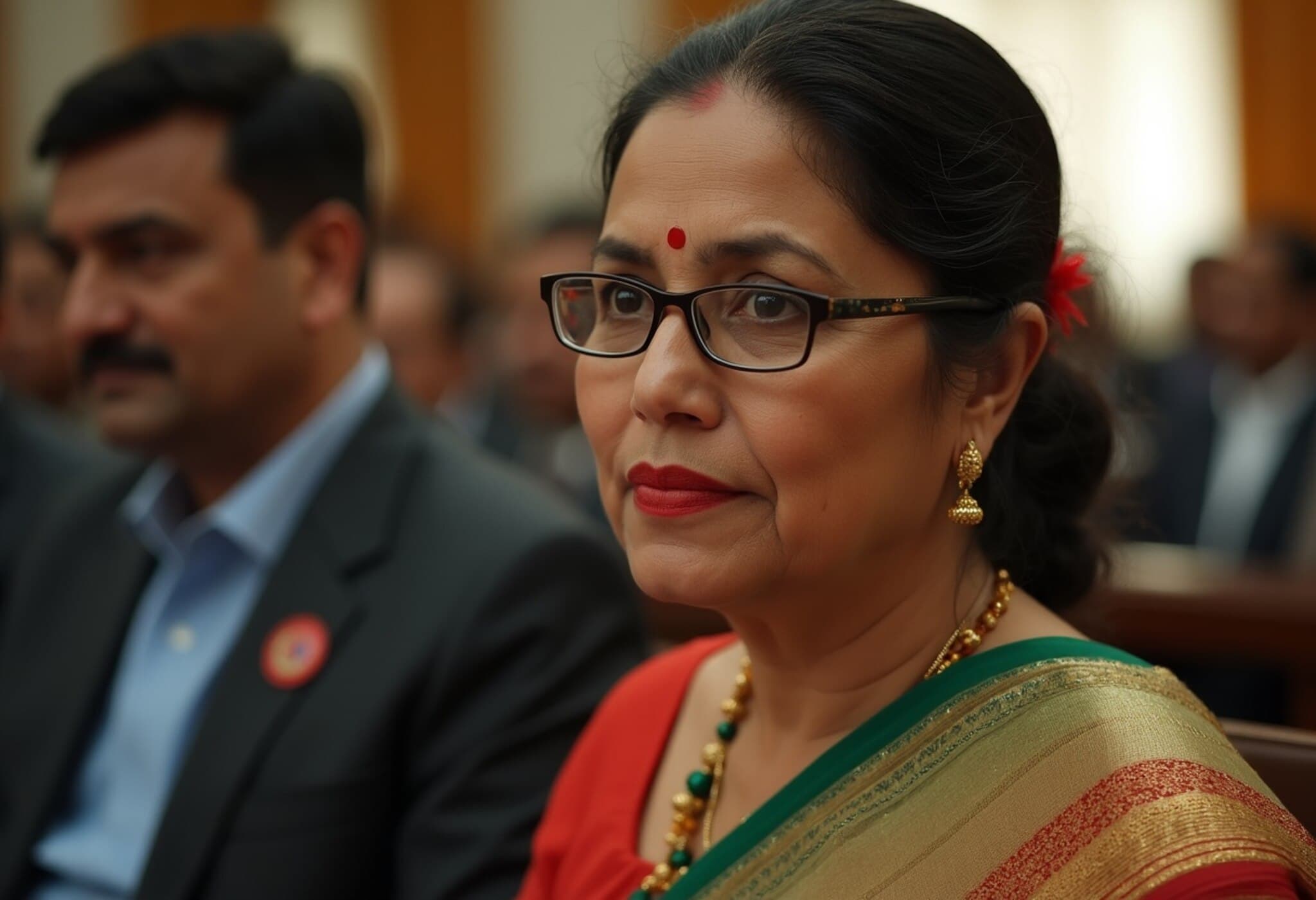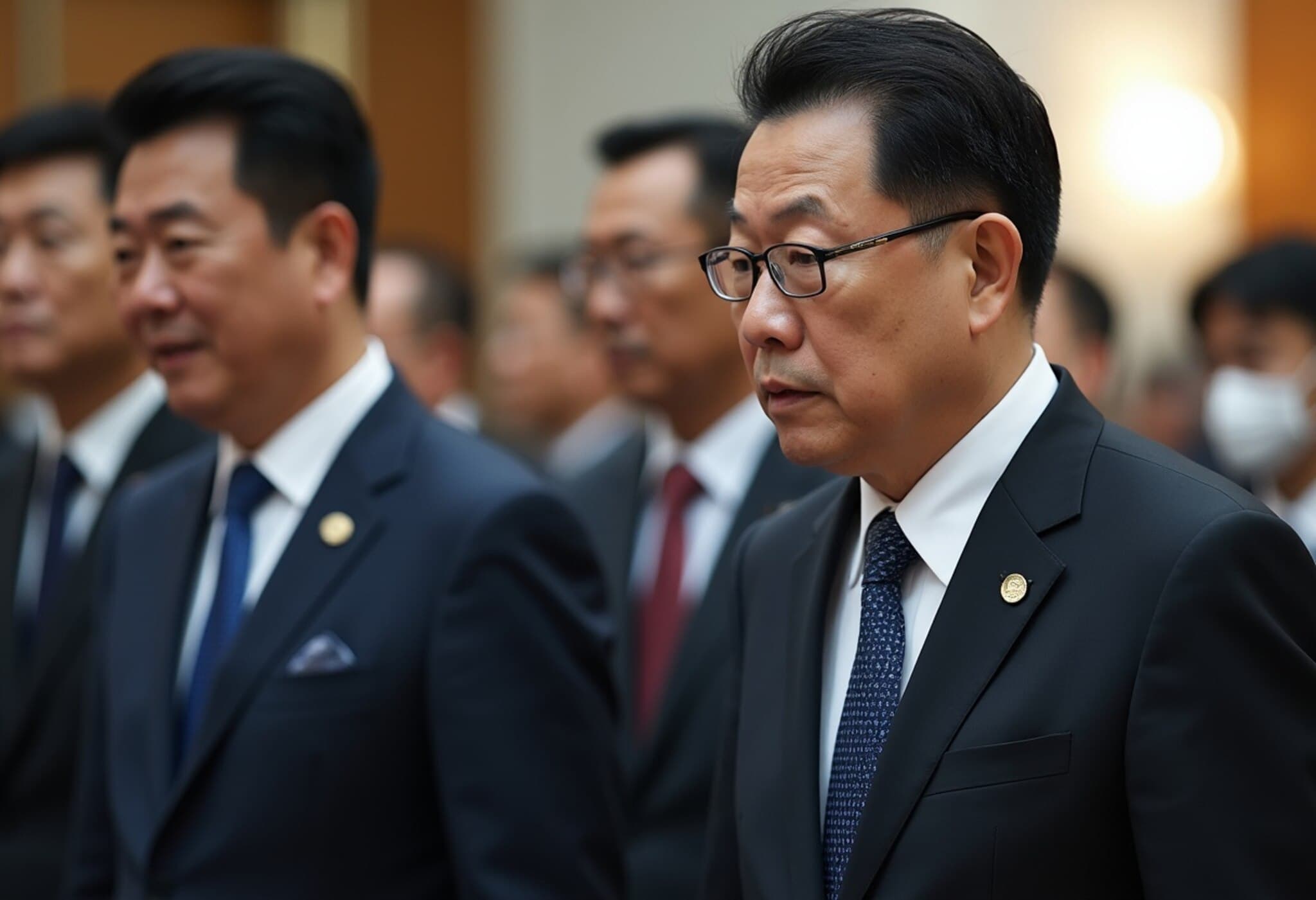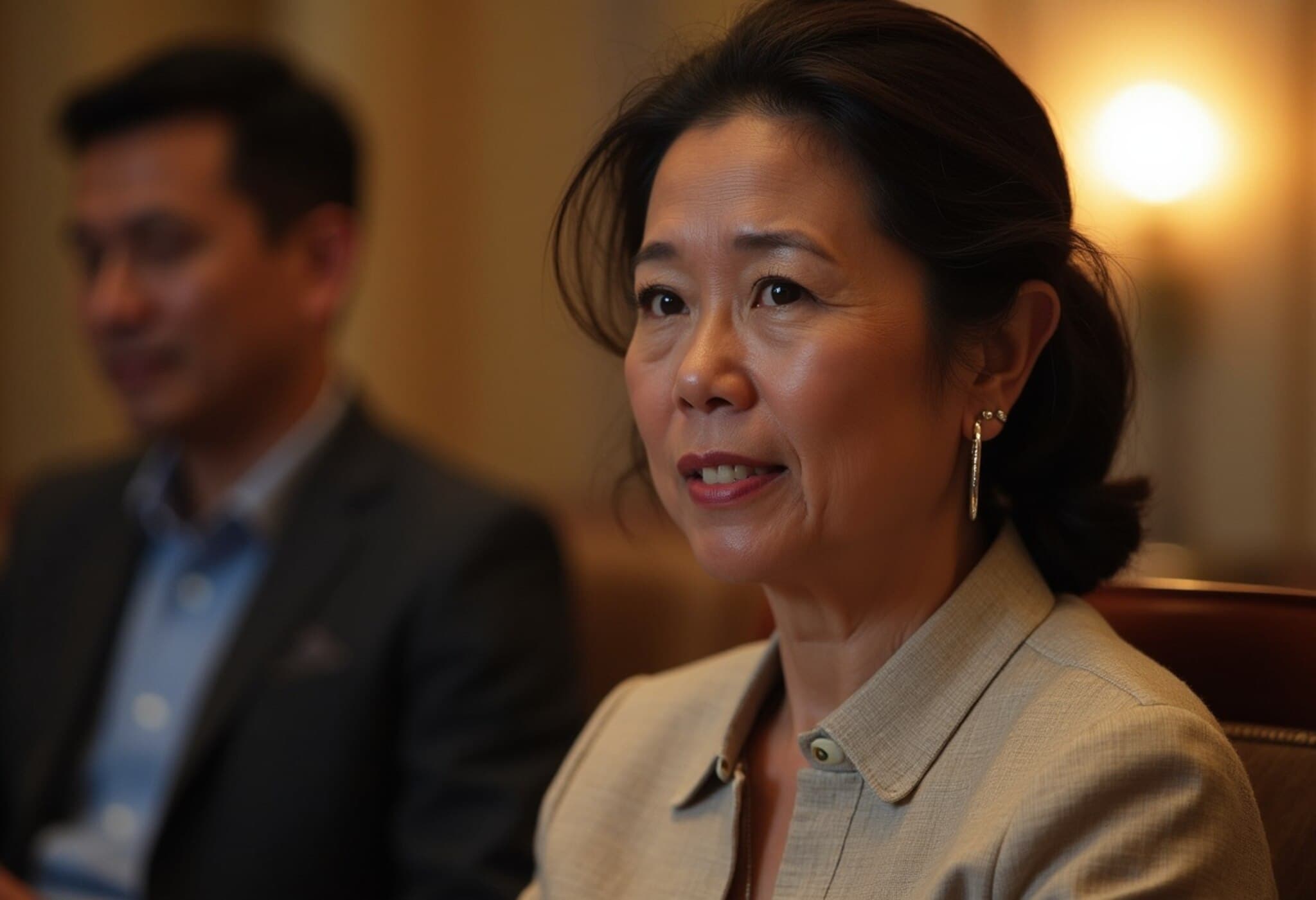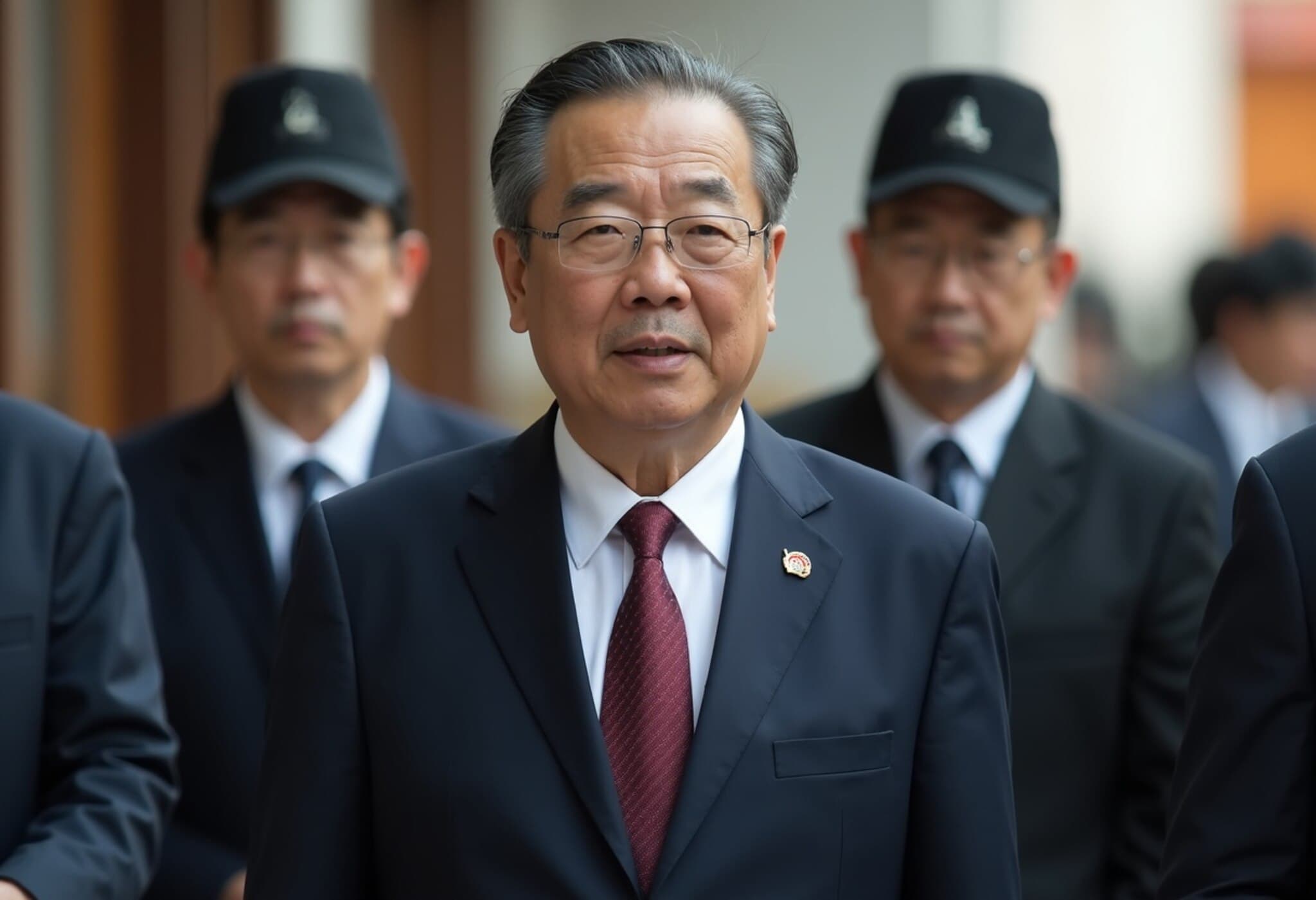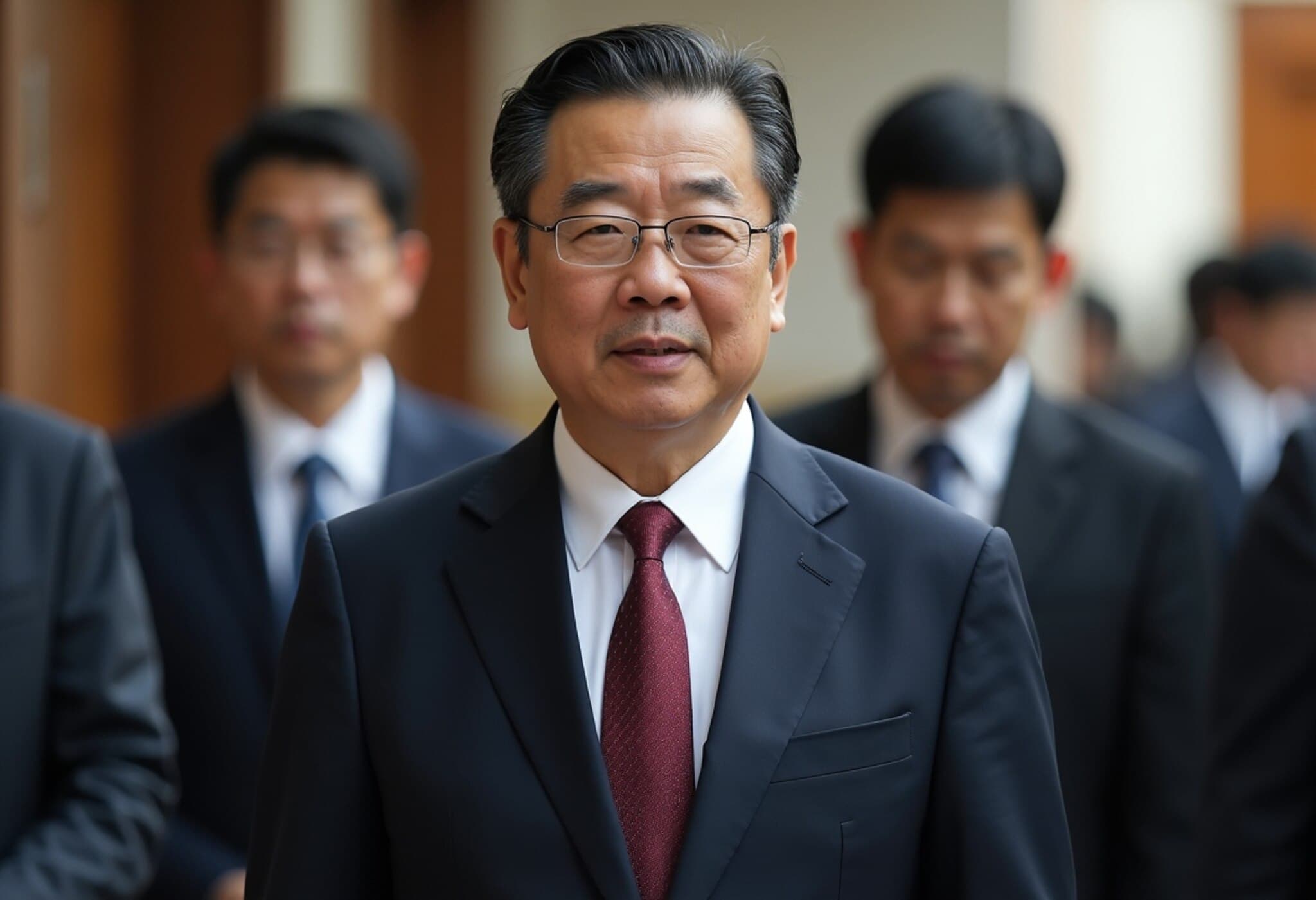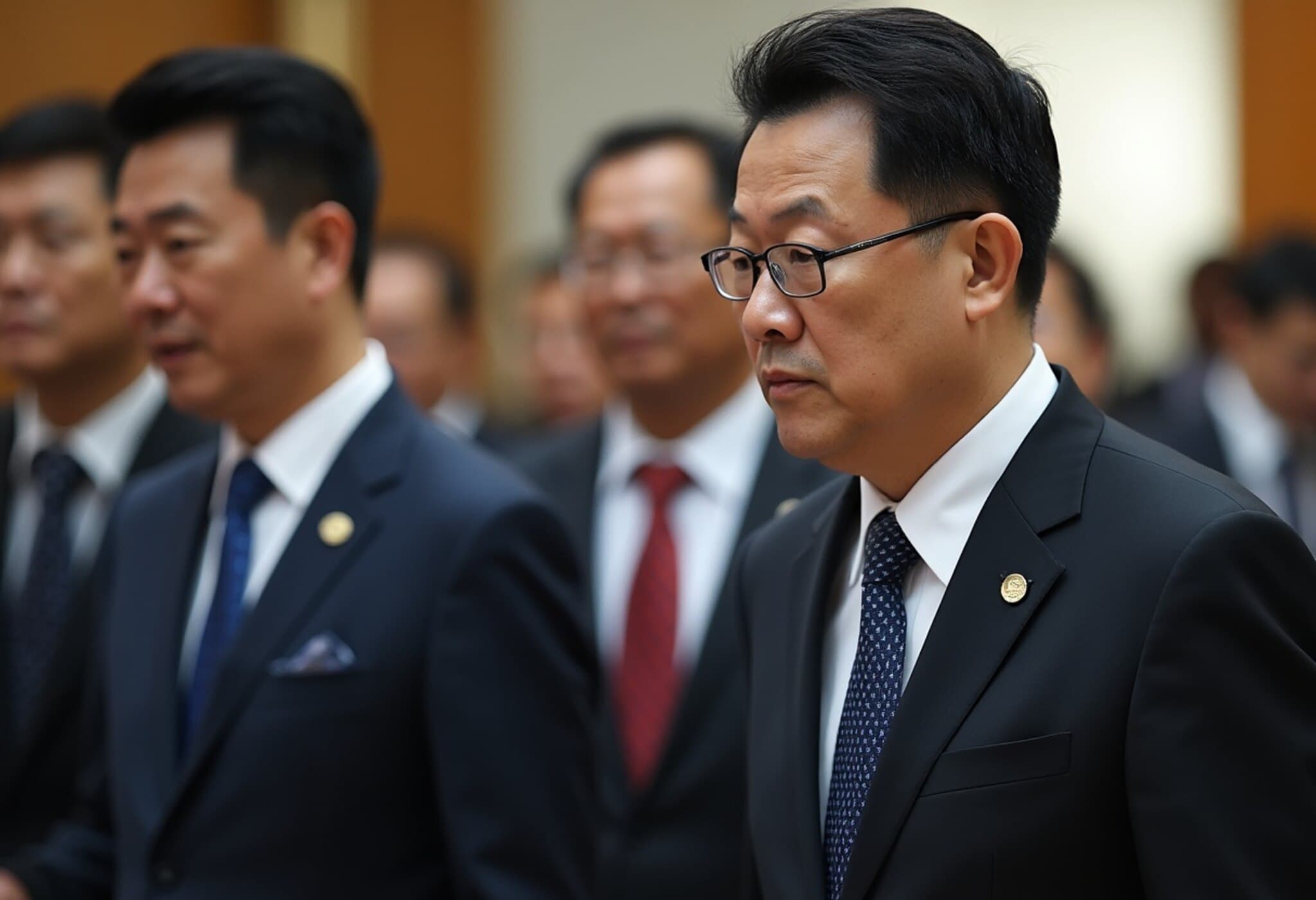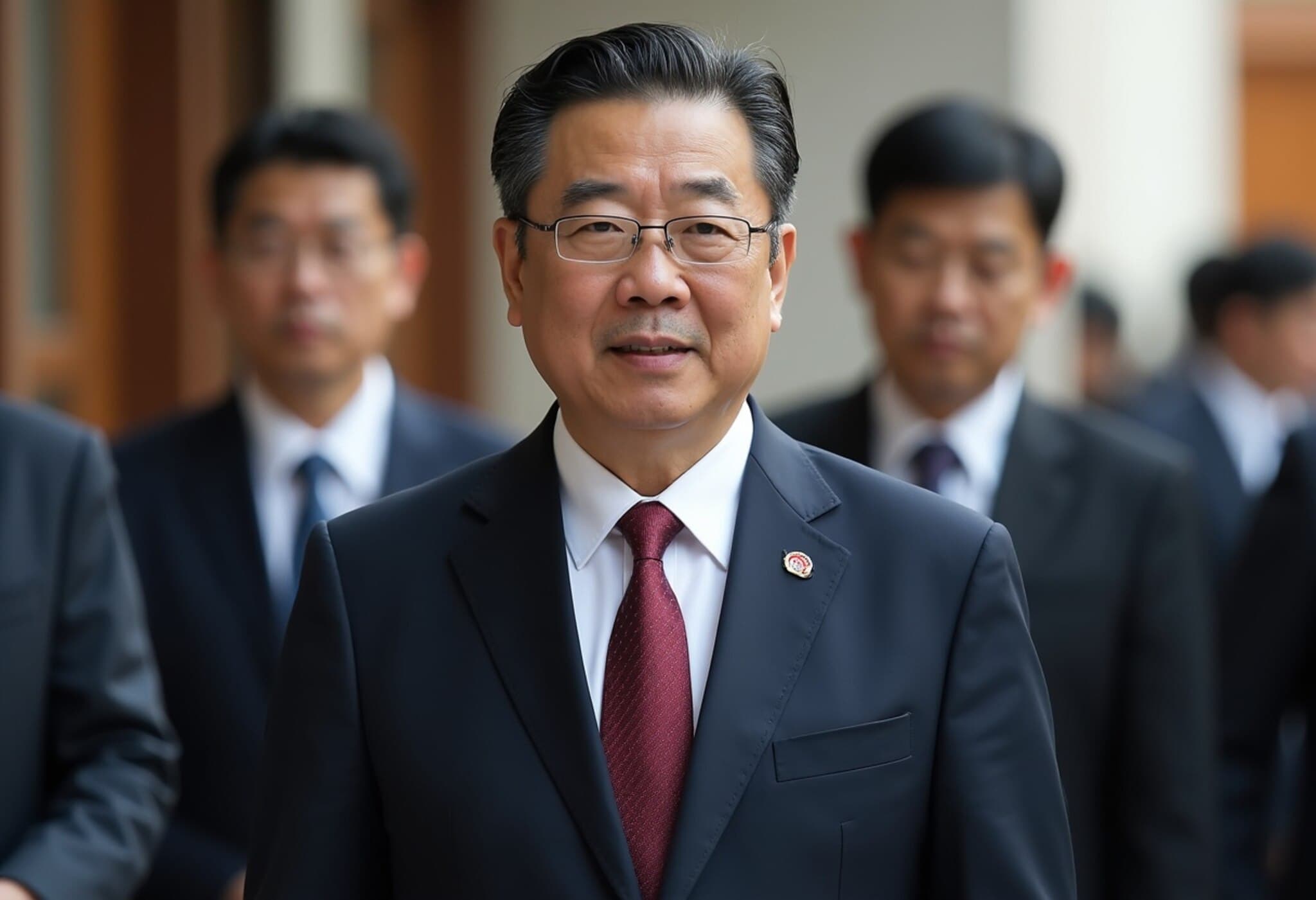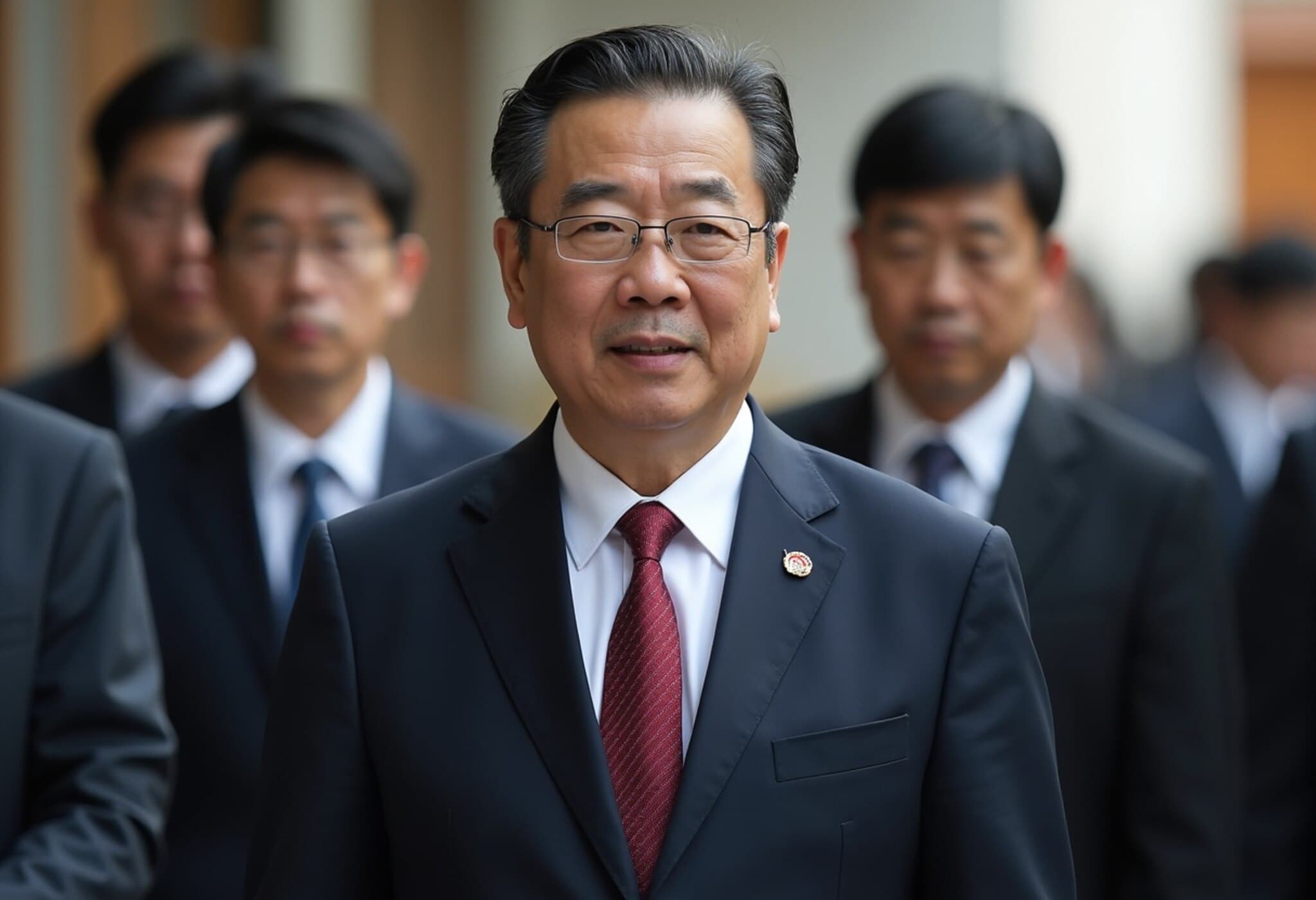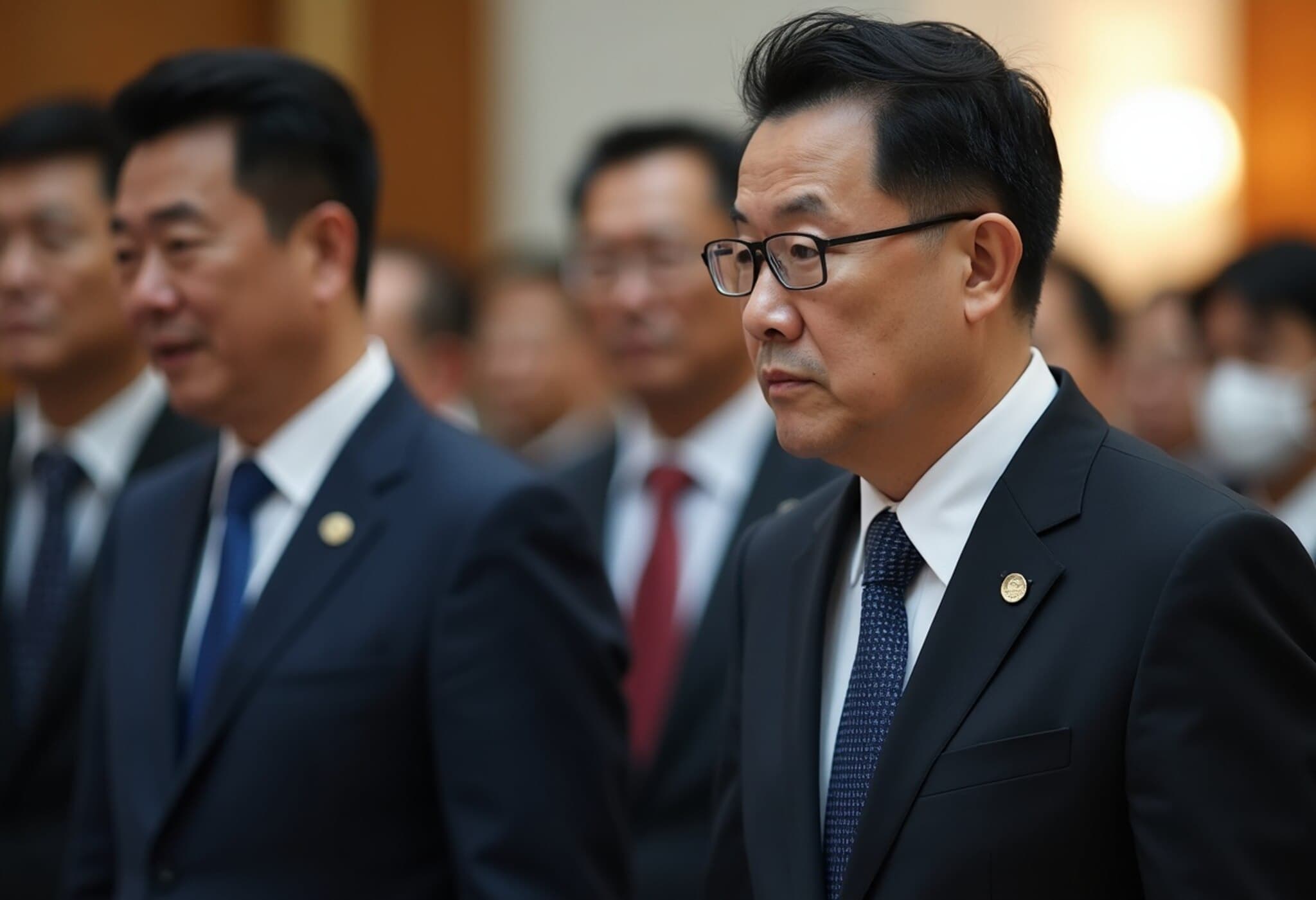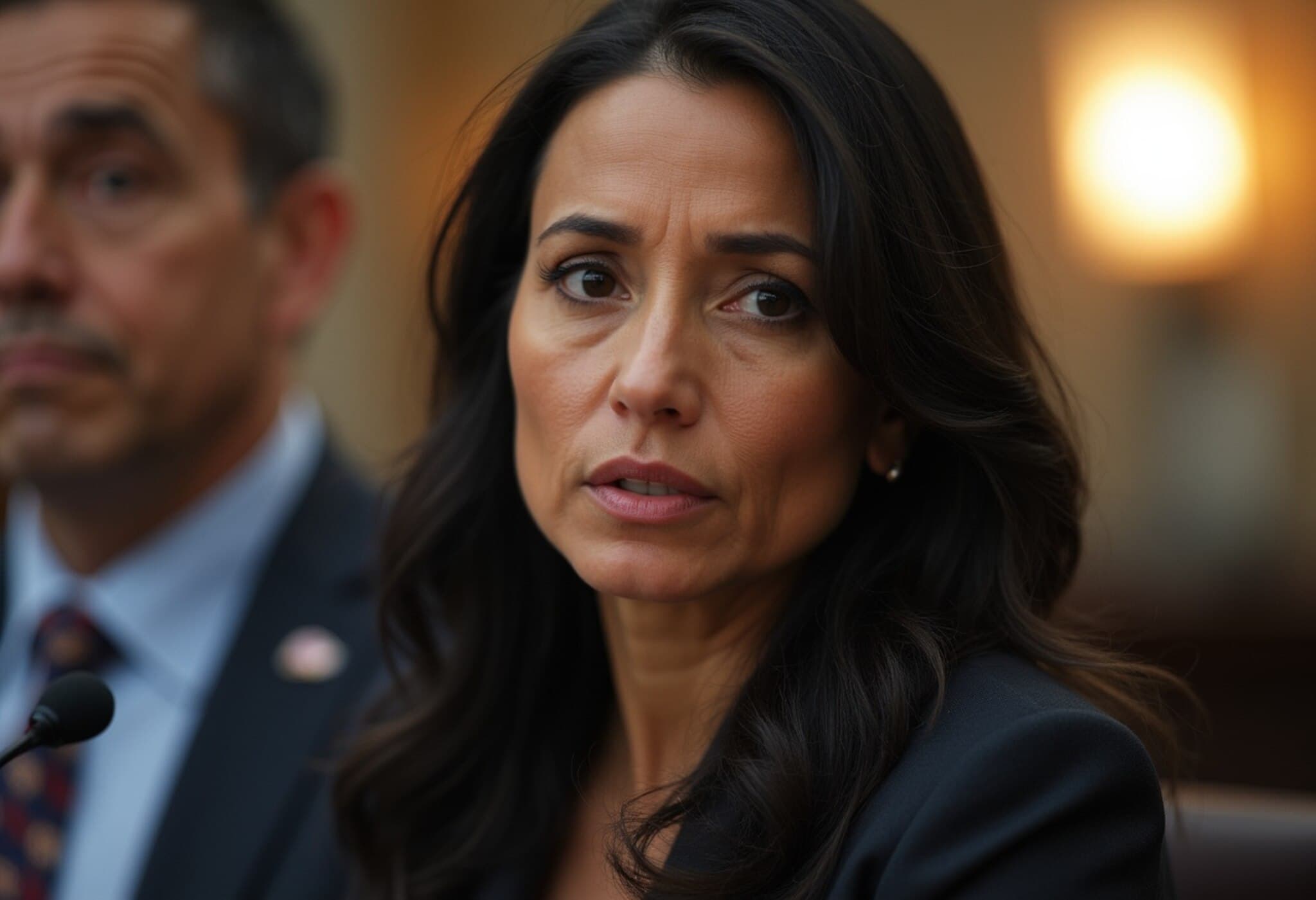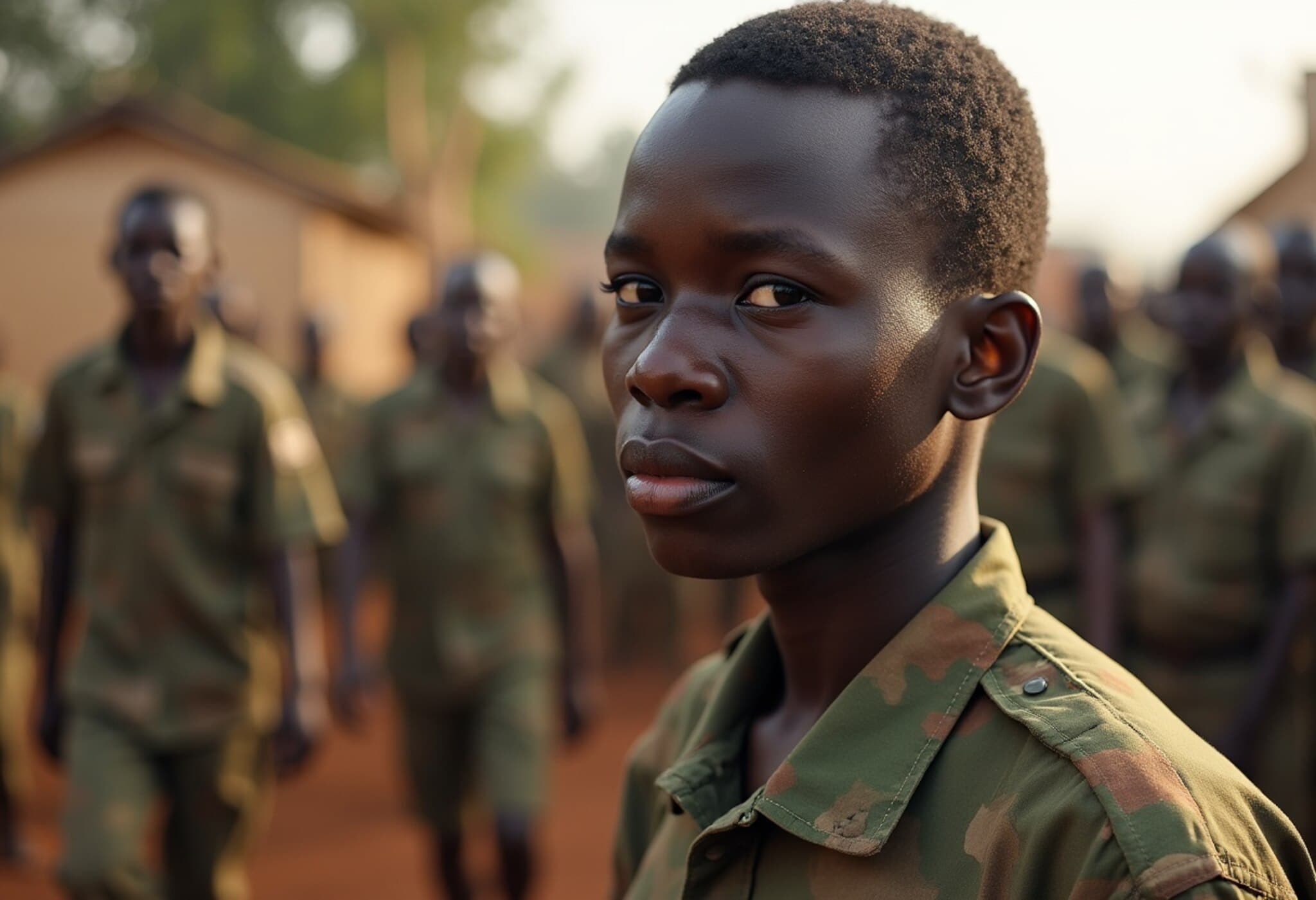South Korea’s Former Leader Yoon Faces New Indictments Amid Ongoing Martial Law Investigation
In a rapidly evolving political and legal drama that continues to grip South Korea, former President Yoon Suk Yeol has been indicted once more, further complicating his already precarious position. The fresh set of charges come as a special prosecutor intensifies the probe into Yoon’s controversial, short-lived declaration of martial law last December — an event that sent shockwaves through the nation’s democratic landscape.
Details of the New Charges and Legal Battle
According to a public briefing from the prosecutor’s office on Saturday, the newly appended accusations against Yoon include:
- Obstruction of others' rights through abuse of authority
- Ordering the deletion of official records
- Interference with the execution of arrest warrants
These serious charges pile onto existing accusations of insurrection—a grave offense in South Korea that carries potential penalties of life imprisonment or even the death sentence. Yoon has steadfastly denied any wrongdoing throughout the investigations.
Legal experts note that these additional indictments signify an aggressive prosecutorial approach reflecting deep concerns over threats to democratic order. The obstruction and record deletion allegations, in particular, raise questions about potential attempts to conceal evidence and undermine judicial processes.
Current Status: Detention and Trial Proceedings
Yoon has been held at the Seoul Detention Center since earlier this month. Notably, a recent court ruling dismissed his petition for release, underscoring the judiciary’s cautious stance on a figure whose political actions have sparked national debate and division.
The impeachment and subsequent removal of Yoon from office remains a watershed moment in South Korean politics, illustrating the legal system’s resolve in addressing presidential misconduct.
Contextual Insight: The Broader Implications for South Korean Democracy
South Korea has long been praised for its vibrant democracy and rule of law. Yet, the Yoon case highlights ongoing vulnerabilities and the delicate balance between executive power and civil liberties. Martial law declarations historically evoke memories of authoritarian rule, and Yoon’s brief imposition of it in 2024 alarmed many citizens and international observers alike.
Policy analysts argue this investigation will set precedents on how robustly the country holds its highest officials accountable, especially concerning emergency powers and potential overreach.
Moreover, the case reverberates beyond South Korea's borders, as it impacts diplomatic relations and regional stability in East Asia, a region already fraught with geopolitical tensions.
Underreported Angles and Critical Questions
- What safeguards are now being proposed to prevent future abuse of emergency powers?
- How does this trial affect public trust in South Korea’s judicial and political institutions?
- What lessons can other democracies draw about balancing national security and civil rights?
These questions remain largely unexplored in mainstream media coverage but are pivotal in understanding the full impact of Yoon’s case on democratic governance.
Looking Ahead: The Trial's Potential Outcomes and Political Fallout
The indictments and trial proceedings are expected to be closely watched within South Korea and internationally. Depending on the verdicts, the repercussions could reshape South Korean politics for years to come—perhaps triggering reforms or polarization.
Observers emphasize the importance of a transparent, fair judicial process as central to restoring confidence in democratic institutions and reinforcing the rule of law.
Editor’s Note
South Korea’s legal confrontation with its former president underscores the complex challenges democracies face when leaders test institutional limits. As Yoon Suk Yeol’s case unfolds, it compels both citizens and policymakers to reconsider how emergency powers should be checked and balanced. This saga serves as a cautionary tale about the fragility of democratic norms and the ongoing struggle to uphold justice in the highest offices of power.

